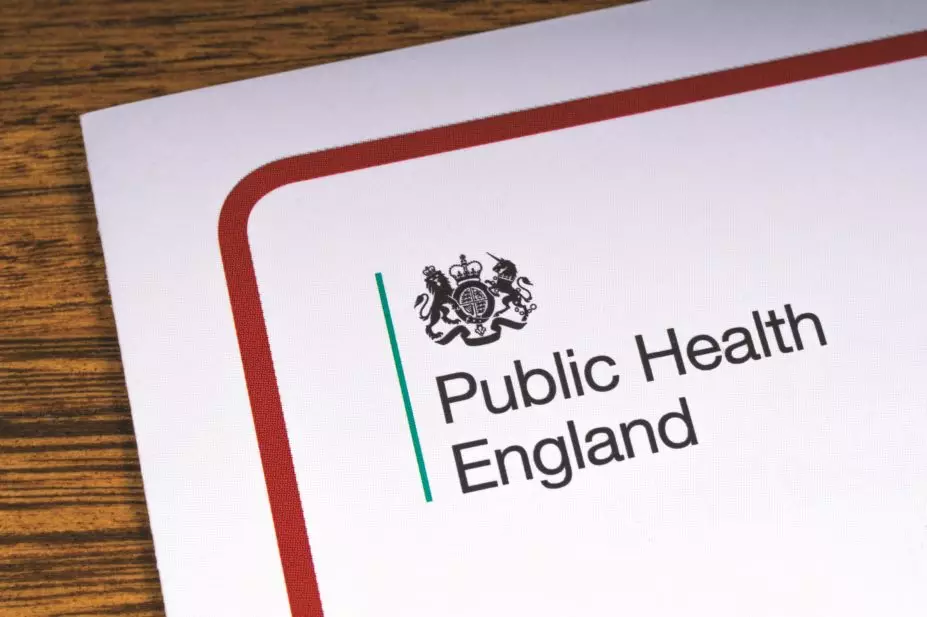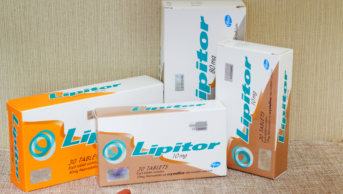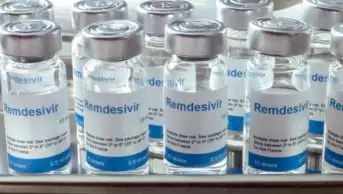
Shutterstock.com

Source: Courtesy of Roz Gittins
Roz Gittins, director of pharmacy at health and social care charity Humankind, said there was a lack of awareness about the ‘Reporting illicit drug reactions’ system
A pilot of a national system for reporting unexpected or severe illicit drug reactions has been stopped because healthcare professionals were not using the scheme.
The ‘Reporting illicit drug reactions’ (RIDR) system, which was being piloted by Public Health England (PHE) and the Medicines and Healthcare products Regulatory Agency (MHRA), aimed to reduce the length of time between drug-related health harms being reported and developing treatment responses through ongoing analysis of reports.
It was originally conceived as a one-year pilot in March 2017, but was later extended to include a focus on increasing the levels of reporting into the service from a wider audience of healthcare professionals.
However, the volume of reports remained low and PHE ended reporting to the site on 10 January 2020.
Roz Gittins, director of pharmacy at health and social care charity Humankind, which includes work on drug addiction, said that she was “disappointed” at the closure of the RIDR system, adding that there was a lack of awareness about the system.
“Certainly when I’ve been delivering training and speaking at events, there hasn’t been the wide awareness of the system I would have hoped for,” she said.
Gittins said that it was now important that existing systems, such as the MHRA’s Yellow Card reporting system, were strengthened and built upon to ensure that reports of harms relating to illicit drugs could be shared quickly.
“We [need] to be getting timely and accurate reports of adverse reactions to illicit drugs, particularly novel psychoactive substances (NPSs), as the more we can promptly raise awareness in real time, the more chance we have of reducing drug related harms that could be fatal,” she said.
Amira Guirguis, a senior lecturer and MPharm programme director at Swansea University Medical School, said the RIDR system was “an invaluable resource” that was being used to direct practitioners to unusual, previously unseen adverse drug reactions, as well as for research.
“One of my PhD students has been using it as part of the pharmacovigilance databases, in addition to the [European Medicines Agency], EudraVigilance Database of Adverse Drug Reactions, and the UK Yellow Card Scheme to assess the extent of non-medical use of prescribed drugs (misused in an NPS context),” she said.
However, Guirguis added that many pharmacists did not see the need to access the database unless they worked within a substance misuse service.
“[This] is unfortunate as the extent of the non-medical use of prescribed drugs (recreational use of pharmaceuticals) in an NPS context is rising dramatically.”
A spokesperson for PHE said healthcare professionals can still report illicit drug reactions into local systems, where they exist, or to the national PHE drugs alert.
“Prison and healthcare colleagues should continue to report adverse reactions using Mercury and the incident reporting system to build the intelligence picture,” they said.
“Suspected drug reactions to licensed medicines (or between licensed medicines and illicit drugs) can be reported through Yellow Card.”
The RIDR website will close completely on the 28 February 2020, after which it will be archived under the UK government web archive.


